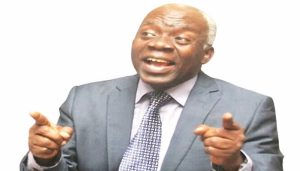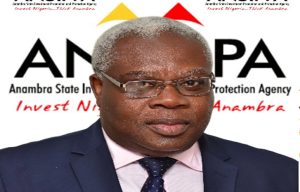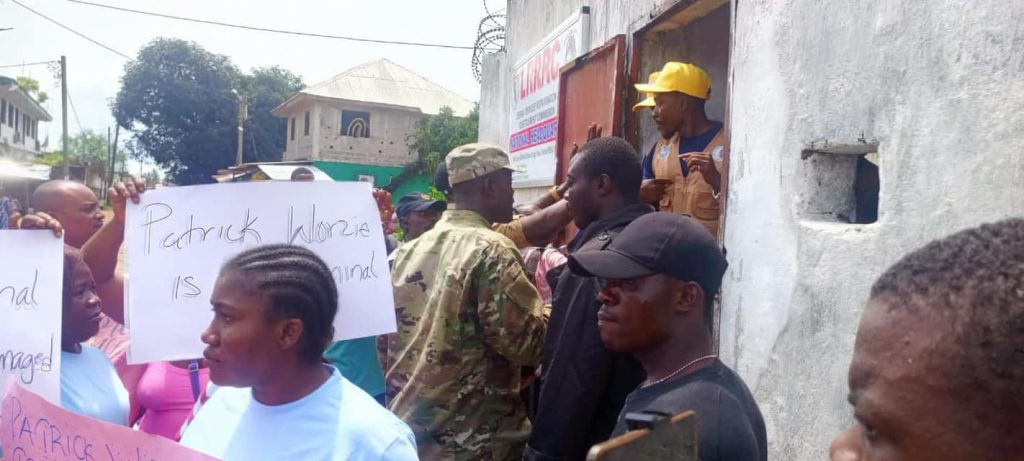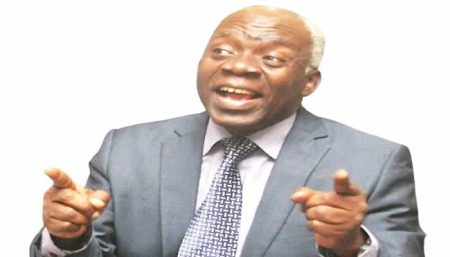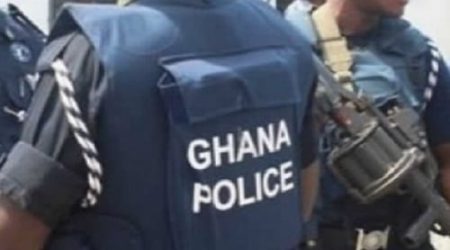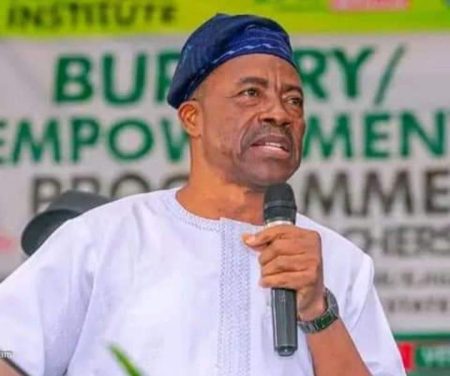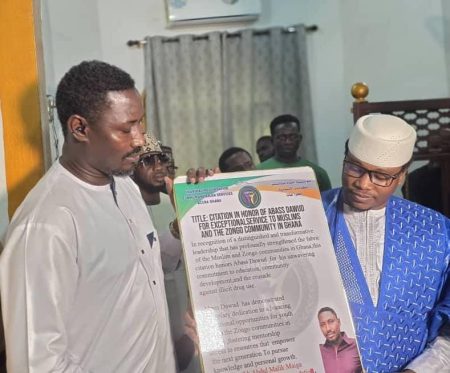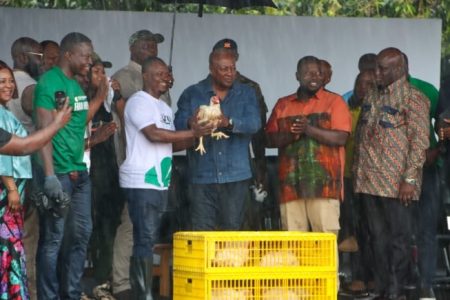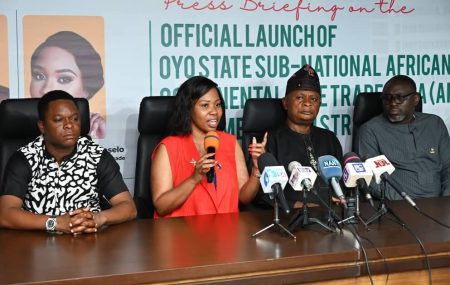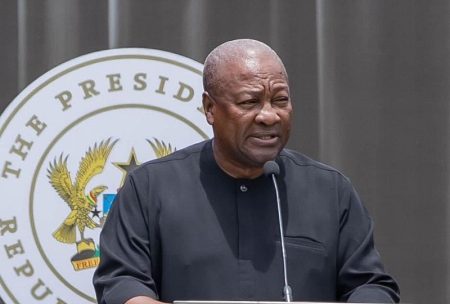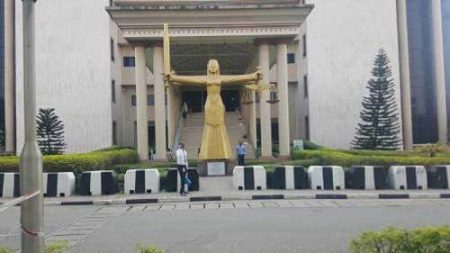On October 29, 2024, a significant protest erupted at the Liberia Refugees Resettlement and Repatriation Commission (LRRRC) headquarters in Congo Town, Monrovia, where aggrieved contractors and former employees rallied to demand the ouster of Director-General Patrick T. Worzie. The demonstrators accused Worzie of mismanagement that included the mishandling of contracts and unjustly withholding eight months of salaries. Their frustration was palpable as they chanted slogans and attempted to breach the building’s security, which heightened tensions further. These contractors claim they are victims of corruption and have levied serious allegations against Worzie, including accusations of forging signatures and misappropriating funds intended for Liberian returnees from Ghana.
The complaints against Worzie deleverage the backdrop of ongoing corruption investigations that have plagued the Commission. In a recent press briefing, Worzie proposed that his signature had been fraudulently forged, which led to unauthorized financial withdrawals from donor accounts. He stated that the Liberia Anti-Corruption Commission (LACC) was looking into the matter and disclosed that his deputy had been suspended during the investigation due to threats of reputational harm directed toward him. However, the protesters have countered these claims, asserting that Worzie’s explanations are misleading and designed to shift blame onto others, namely the employees he seeks to dismiss.
During the October protest, aggrieved workers confronted the leadership with allegations that Worzie improperly involved them in the corruption scandal, which they argue he cannot substantiate with solid documentation. They highlighted several discrepancies in his narrative, suggesting that Worzie aimed to exploit the situation for personal ends, a claim bolstered by their assertion that his decisions led to serious labor violations within the organization. Further fuel for the unrest came from the claim that Worzie sought to replace 63 employees without just cause, raising alarm over the integrity of leadership at the LRRRC.
The intense atmosphere prompted the intervention of the Liberia National Police as tensions escalated. Protesters, visibly angry over the perceived injustices, began banging on the gates of the institution, vocally demanding their leader’s removal. The situation illustrated a breakdown of trust and morale among the staff and contractors who felt disenfranchised and unprotected under Worzie’s administration. “This is the first time such a reputable institution has brought disgrace upon us as employees,” one protester lamented, underscoring the emotional weight of their grievances.
The LRRRC has seen its reputation tarnished in recent months, coinciding with the alleged financial misconduct and labor violations since Worzie’s appointment. The protest served as a call for accountability not only for personnel decisions but also for the wider issues of corruption that had infiltrated the disaster-relief and refugee support organization. The protesters fervently argued that restoring integrity and proper governance within the organization hinges on the removal of Worzie, whom they held responsible for the systemic issues affecting their livelihoods.
As investigations continue and public scrutiny intensifies, the future of the Liberia Refugees Resettlement and Repatriation Commission hangs in the balance. The tensions unfolding at the LRRRC raise pressing questions about governance, accountability, and the treatment of employees within public institutions. Amid the outcry for change, the quiet plea for justice from the affected workers highlights a deeper cultural crisis surrounding corruption and maladministration that threatens the efficacy of essential services provided to vulnerable populations in Liberia.


